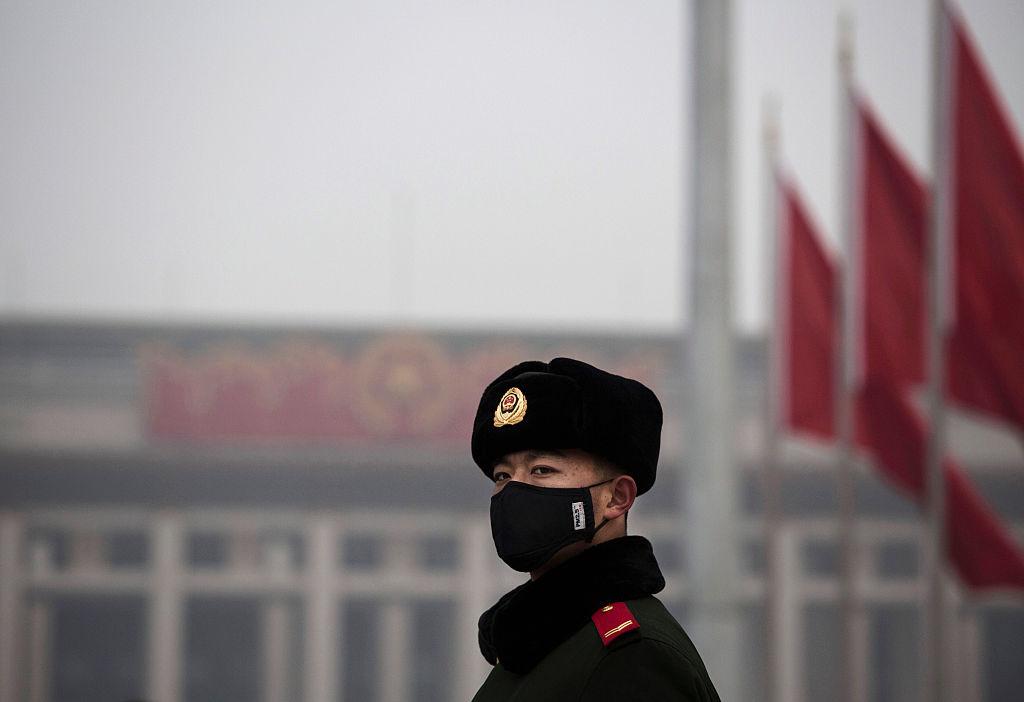The ground-breaking data leak that revealed 1.95 million CCP members were embedded worldwide across governments, companies, and universities has also exposed the presence of Chinese Communist Party-affiliated (CCP) staff members in several Shanghai-based consulates.
The Australian Security Intelligence Organisation (ASIO) has been prompted into action following the revelations.





